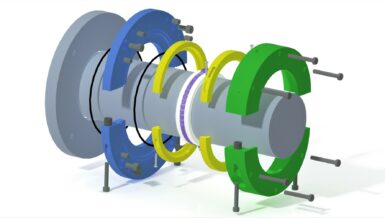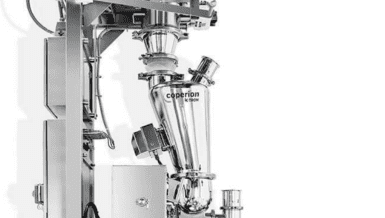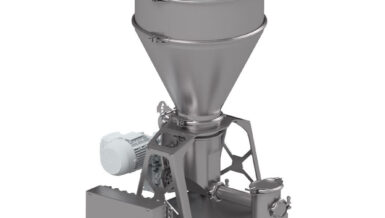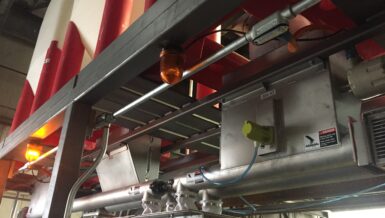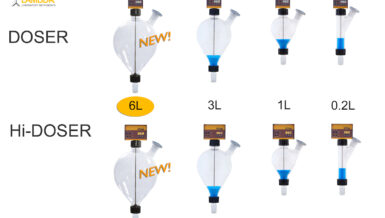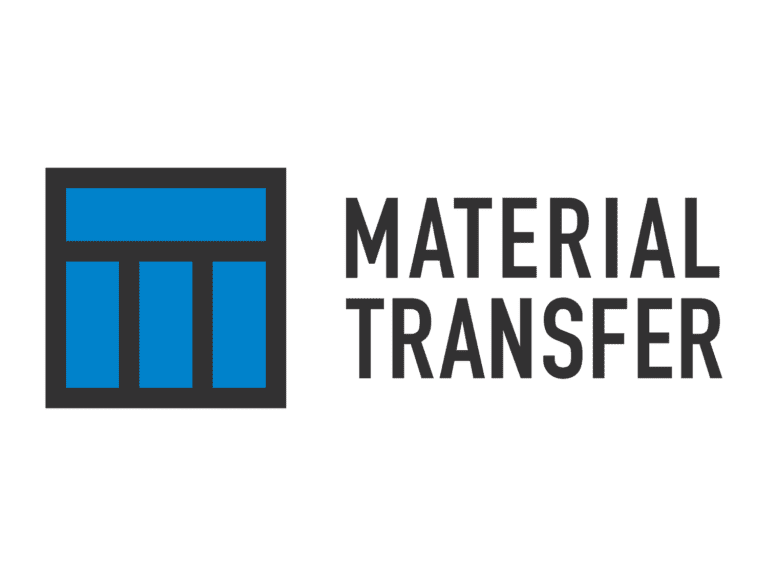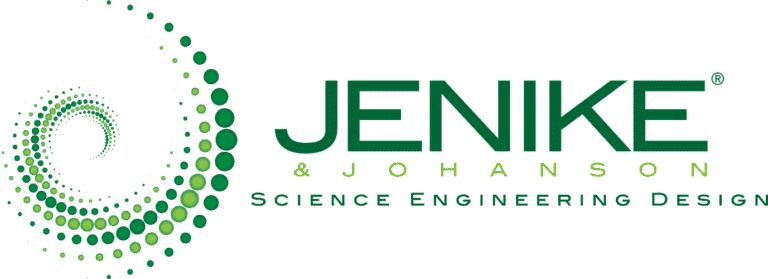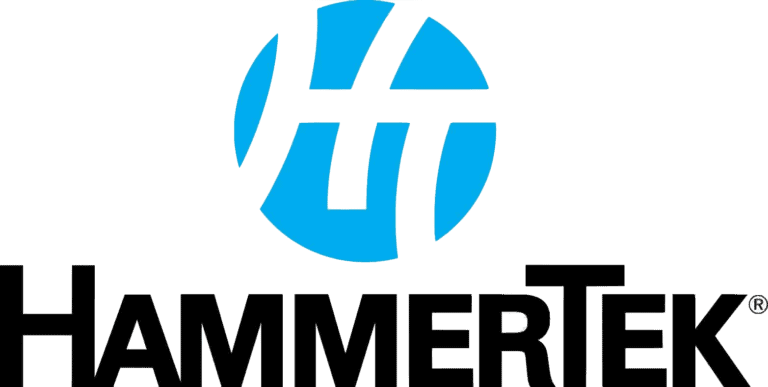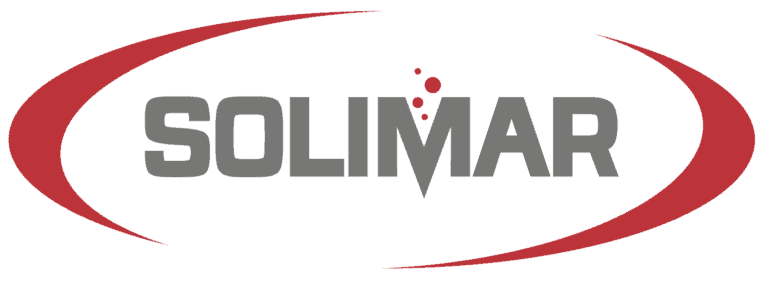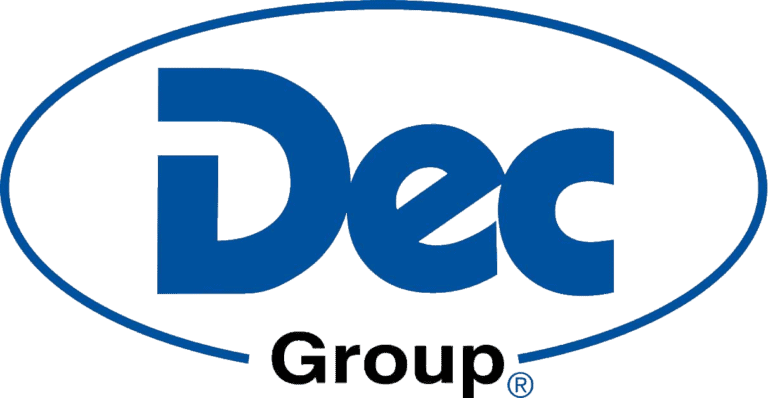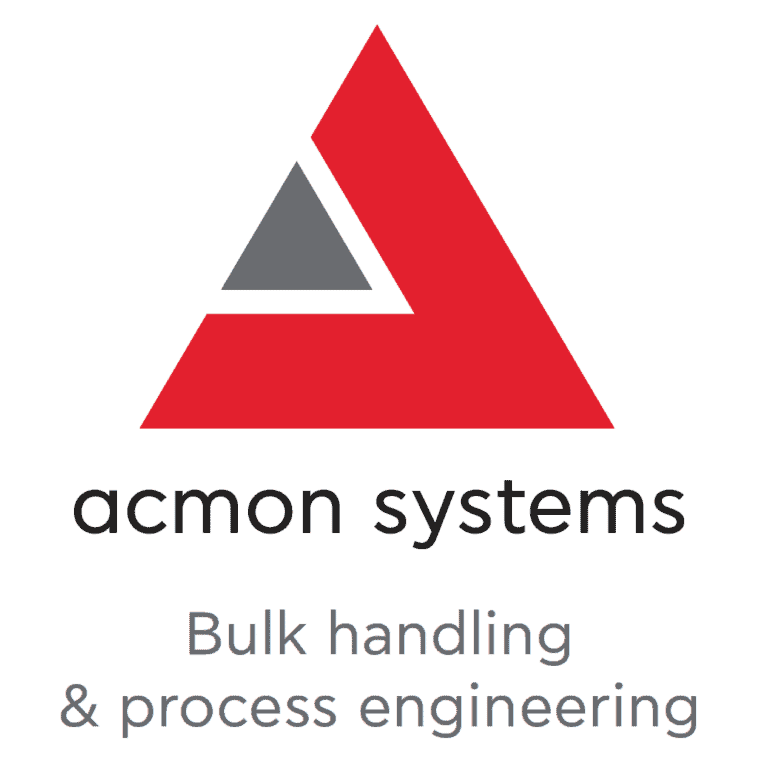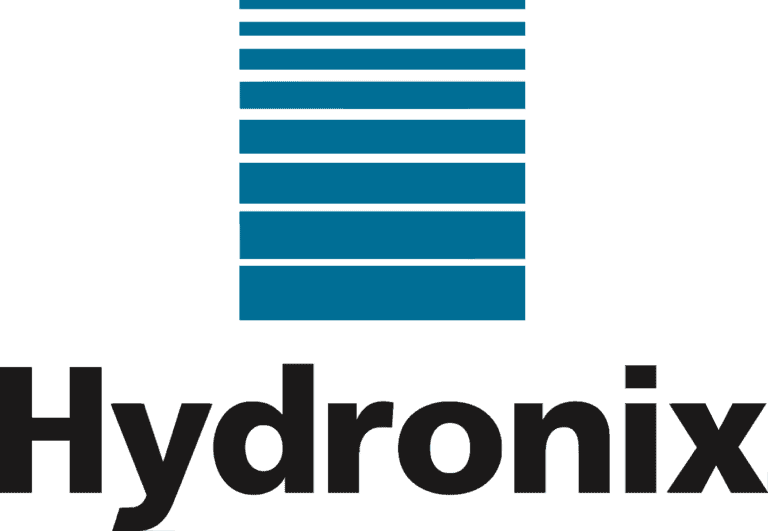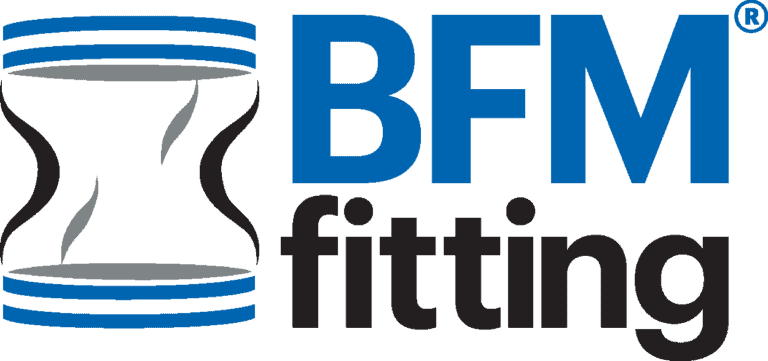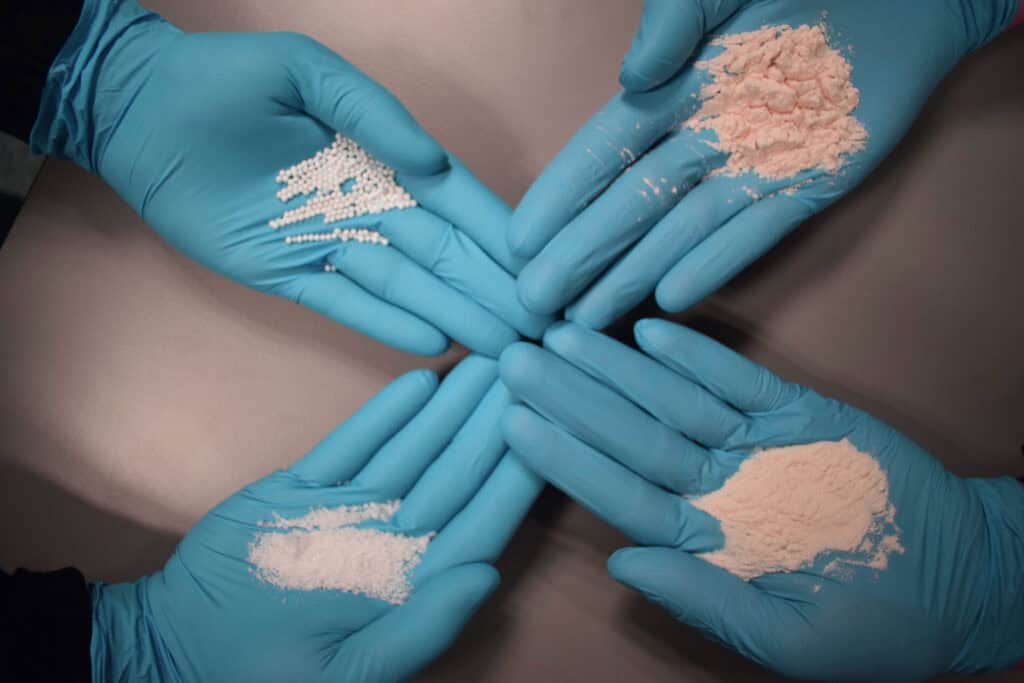Gericke manufactures a broad range of feeders for use in applications in the raw materials, chemical, food and pharmaceutical industries. To find the most suitable feeder, a number of points have to be considered.
A precise dosing operation requires a high performance feeding unit, adapted to the rheology of each of the products to be dosed, capable of a very wide range of feed rates in order to deliver a high rate of flow to limit the duration of the operation but also a very low flow rate to adjust the flow to the required precision.
Often a weighing system is part of the dosing unit, depending on the size of the batches and the desired accuracy. Such gravimetric systems can work as “loss-in-weight” or “gain-in weight” feeders. Loss-in-weight is if used to provide a controlled flow of material (kg/h), gain-in-weight is most often used to provide a batch of material.
In the case of dosing very small loads where the tare of the dosing equipment may be much greater than the load to be weighed, it is advisable to use tare-compensated feeders. In such systems the weight of the feeding device and its hopper is compensated by a counterweight system. Thus, the entire weighing range of the load cells can be used to dose the product, allowing for best accuracy.
A feeder in an industrial process must be dust-tight. It is a matter of occupational health and safety, explosion protection and prevention of emissions. To achieve this, the flexible connections between the different elements must be designed to have a negligible impact on the load being weighed.
An effective breathing system for the complete assembly must also allow for balanced air flows, thus avoiding small pressure fluctuations that can have a significant impact on the actual weighing and thus on the actual accuracy.
Gericke feeders without metallic surfaces find a lot of interest in battery production.






